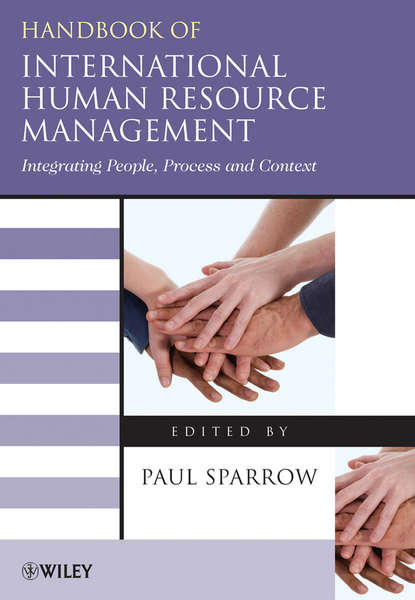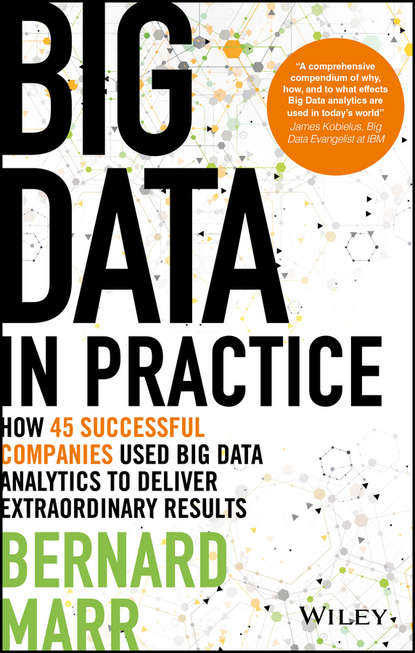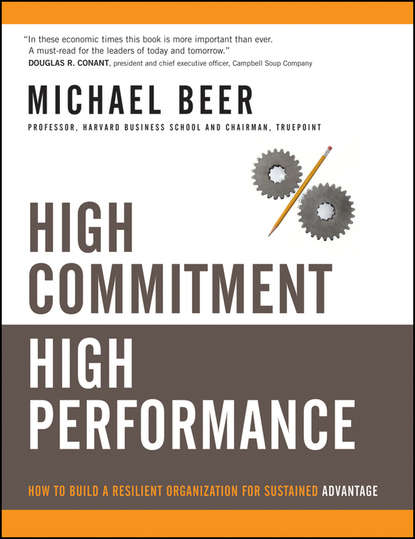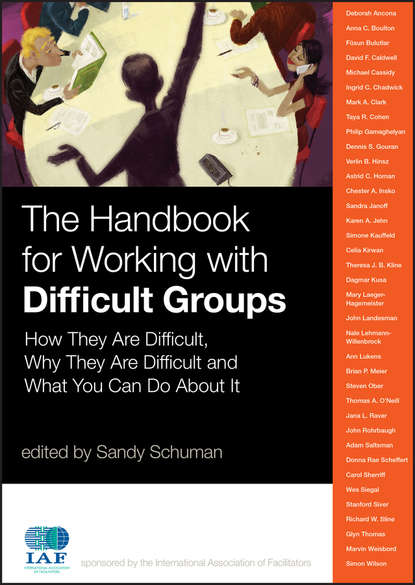Книга "Handbook of International Human Resource Management. Integrating People, Process, and Context" представляет собой сборник последних исследований в области международного управления человеческими ресурсами (IHRM), которые рассматривают важные вопросы, с которыми сегодня сталкиваются международные корпорации. В книге рассматриваются различные аспекты поведения международных корпораций, такие как выбор местонахождения, организация местных филиалов, выбор технологий, капитала и трудовых ресурсов, а также инвестиционные и стратегические решения, которые подвержены влиянию институциональных факторов. Кроме того, в книге затрагиваются современные вопросы, такие как обратный поток знаний, стратегии по обеспечению кадровых ресурсов, создание бренда работодателя, е-управление, аутсорсинг, глобальные сети и др. Книга расширяет область IHRM, включая сравнительные и институциональные перспективы, и фокусируется на текущих проблемах и вопросах, привлекающих внимание директоров IHRM. Таким образом, книга является ценным ресурсом для всех, кто интересуется международным управлением человеческими ресурсами.
From the mid-1980's to late 1989 there continued to be an evolution in the international business HR perspective. There continue to be progressively curved cultural, geographic and institutional issues which challenge the worldwide corporation (MNE). There also arises a keen level critical examination of the notion that this represents an advanced or fragmented optimization of regimes. In this text, the most recent academic investigation on crucial "issue-inspired" concerns which the MNE HR approach is required to resist, potentially absorb, interpret, then recalculate through worldwide lenses is developed.
Электронная Книга «Handbook of International Human Resource Management. Integrating People, Process, and Context» написана автором Paul Sparrow в году.
Минимальный возраст читателя: 0
Язык: Английский
ISBN: 9781444300024
Описание книги от Paul Sparrow
From the mid-1980s to the turn of the 1990s the international HR field was considered to be in its infancy. There continues to be both an evolution of territory covered by the field – a series of successively evolving cultural, geographical and institutional challenges faced by the multinational corporation (MNC) – as well as more critical questioning whether this has created an expanded or a fragmented field. This book brings together the latest research on important “issues-driven” concerns that the field of IHRM now has to face, absorb, interpret then reanalyse through international lenses. This volume gives attention to those aspects of MNC behaviour – choices about location, how they organize local subsidiaries, choices made about technology, capital and labour, and choices made about investments and strategies – that are subject to institutional influences. It also gives voice to a number of contemporary issues – reverse knowledge flows, skill supply strategies, employer branding, e-enablement, outsourcing, global networks – that now need to be accommodated within the field. Broadens the IHRM field to cover comparative and institutional perspectives Provides a multi-level analysis of globalization phenomena at the individual, organization, and macro level Focuses on the current problems and issues driving the attention of IHRM Directors



















